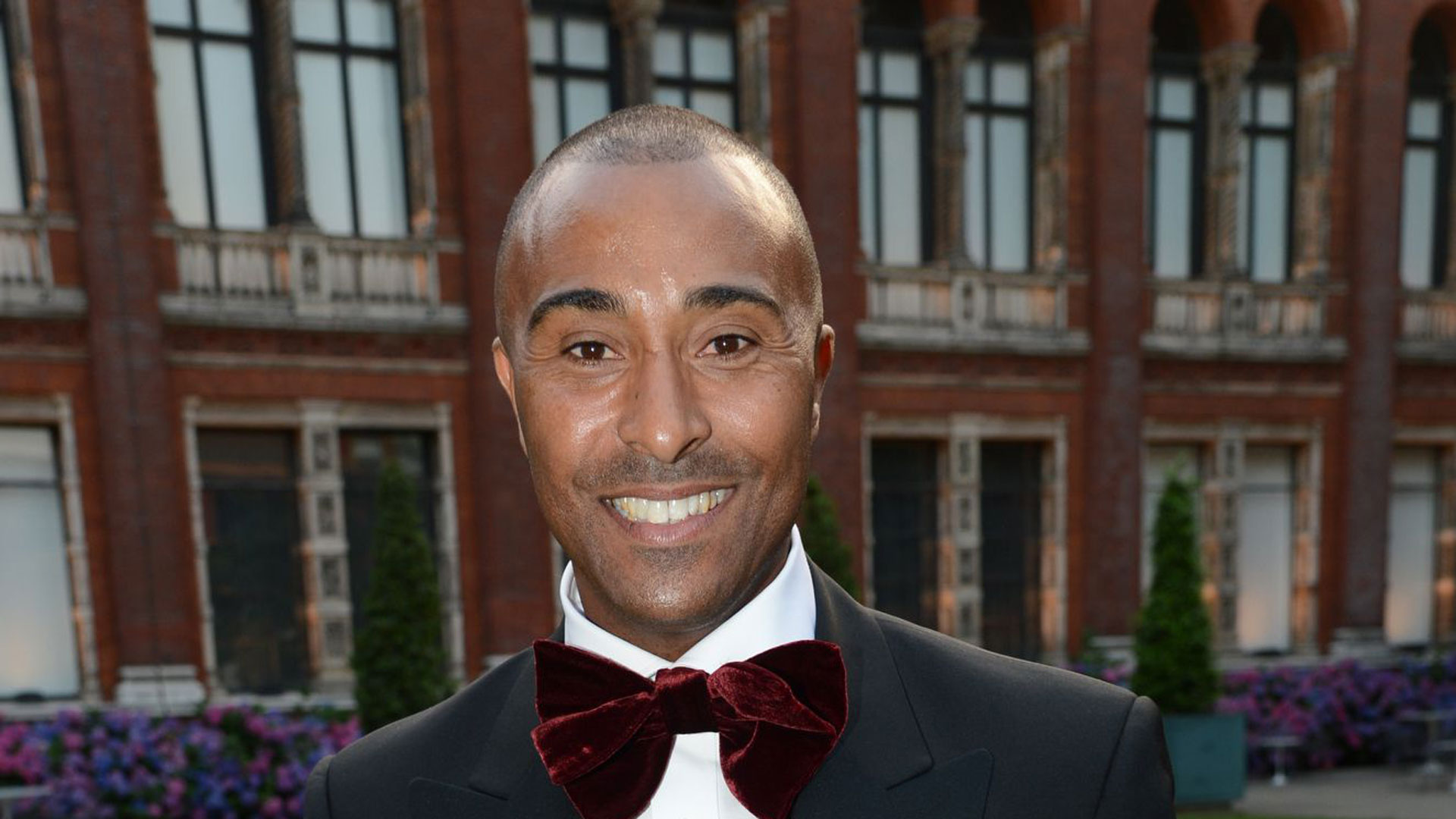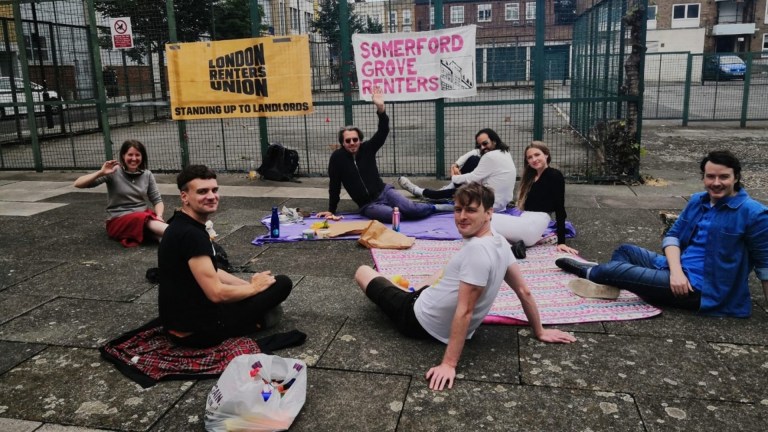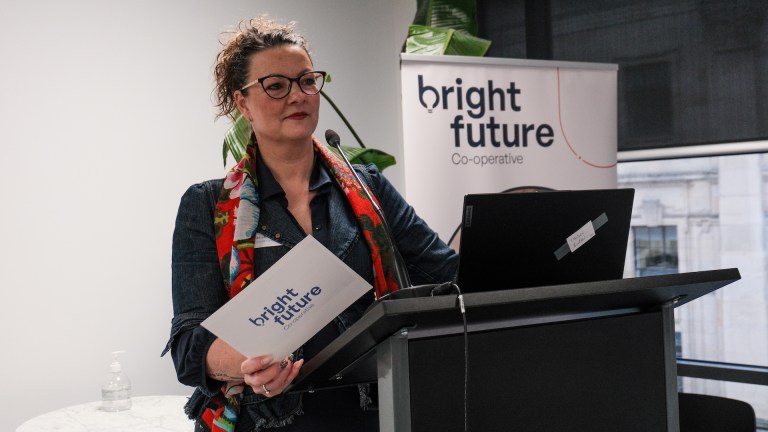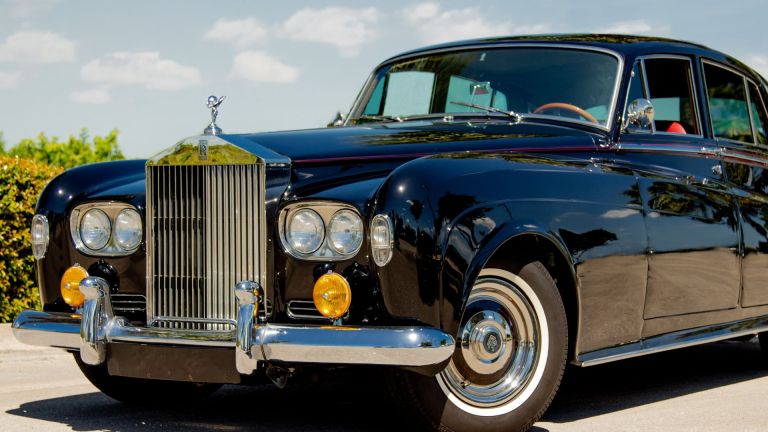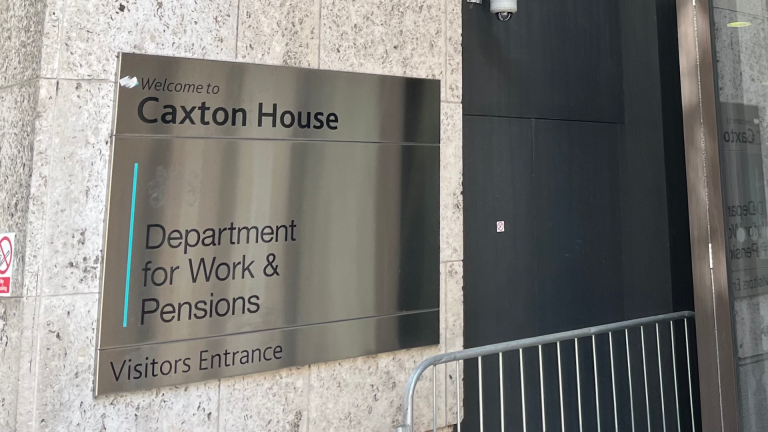I grew up on a Cardiff council estate but if you’d asked the 16-year-old me where he was from he would have said Jamaica. I was brought up as a Jamaican and I only associated with Jamaicans. To me exotic food was British food. I’d tell him the Welsh pride will come, but it was only in my late teens, wearing a Welsh vest that I recognised Welsh as my primary nationality.
By the time I was 16 athletics had given me the opportunity to travel, meet new people and experience cultures in a way I’d never imagined. The sporting world takes you to a place that’s not real. When you’re representing your country in Sydney one day and in Wales the next, there’s a brutal realisation that real life isn’t that fantasy where everybody looks after you and you get anything you demand.
I wasn’t a confident teenager but when you start being successful people start listening to you. I was fortunate I found something that gave me a voice. Nobody enjoys losing and when you’re young you’ll put time and effort into what you’re good at. For me it was hurdling. I thought of it as an art form.
When my athletics career was coming to an end I spent hours at my GP having anxiety attacks
My sport was my relationship. I couldn’t be in love with two things at the same time. I wanted to be successful and I didn’t let anything get in my way, be it family or friends. I was giving at least five days a week of my life to athletics. I would tell my younger self to enjoy being a champion. I won 25 major medals and there are no adjectives that can describe the feeling of being the undisputed best in the world at something you love. But straight after I broke the 110m hurdles record in 1993 my coach said: “What happened at hurdle six?” I knew as soon as I got back to Cardiff it was going to be back to the drawing board.
I have one of those addictive personalities that you have to be careful of. I was always pushing myself to the limit and when I couldn’t physically train any more, I challenged myself to see how well I could perform on as few calories. Unfortunately I was being quite successful. As I was getting lighter I was racing very well. People were saying: “Dear lord, Colin, how much weight have you lost?” I took a long look at myself once and I was so skinny I could see my hip bones. An eating disorder isn’t the same as a person taking drugs – athletes who dope are just cheating bastards – but I’d tell the younger me that unless you recognise the problem you have no chance of making it out of the cycle.
When my athletics career was coming to an end I spent hours at my GP having anxiety attacks. When you spend all of your adult life doing something and suddenly that stops you think, how am I going to earn money, how am I going to live? Getting a job with the BBC made a huge difference to me.
